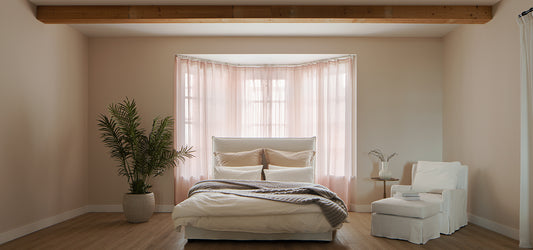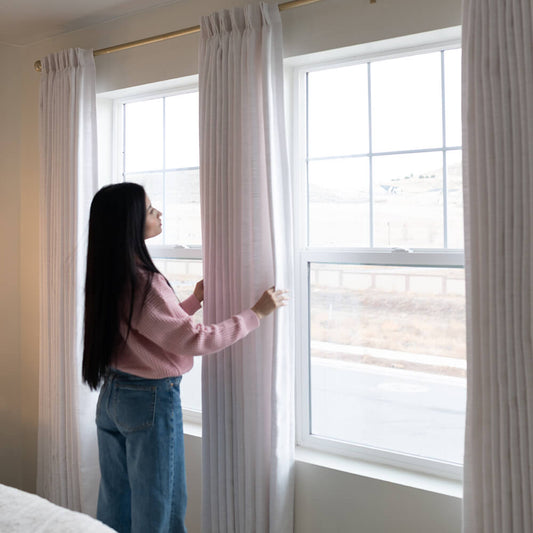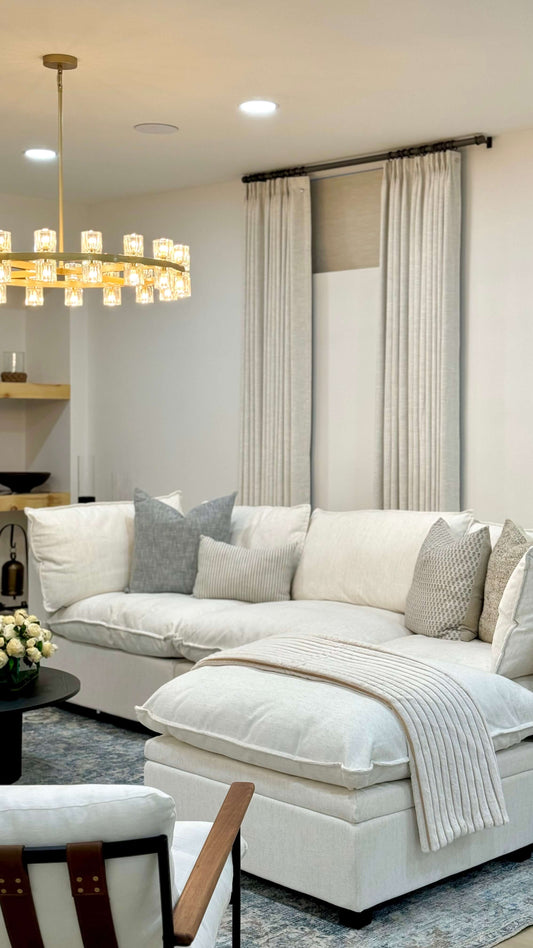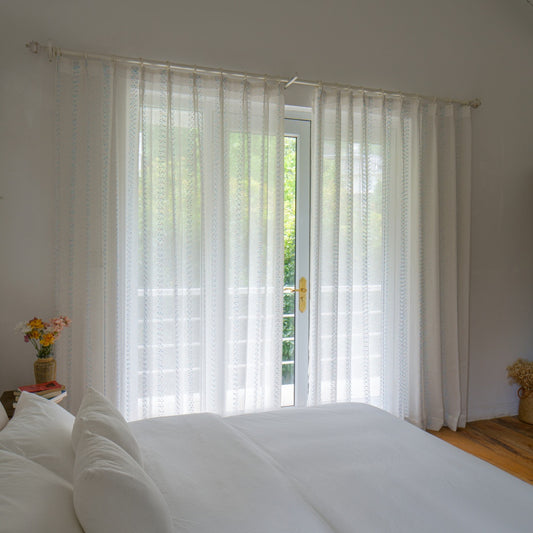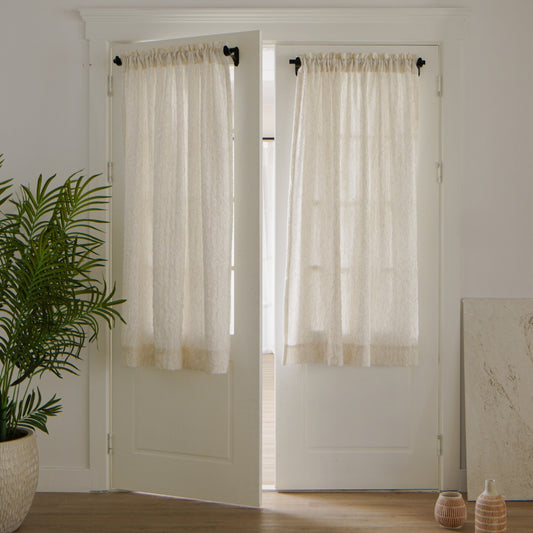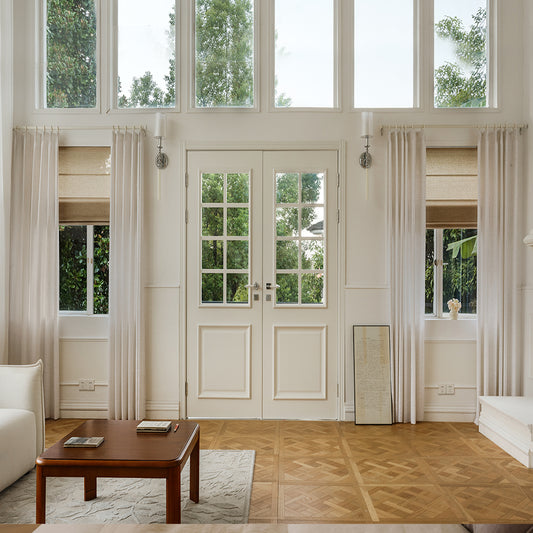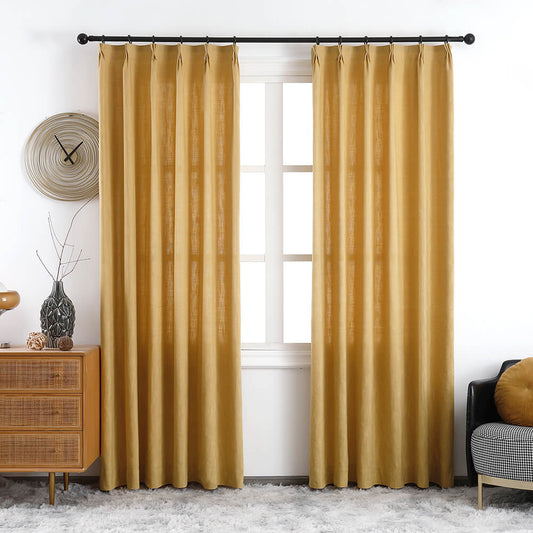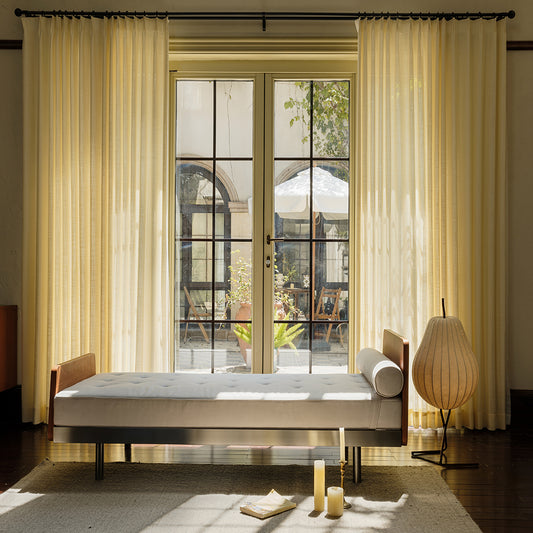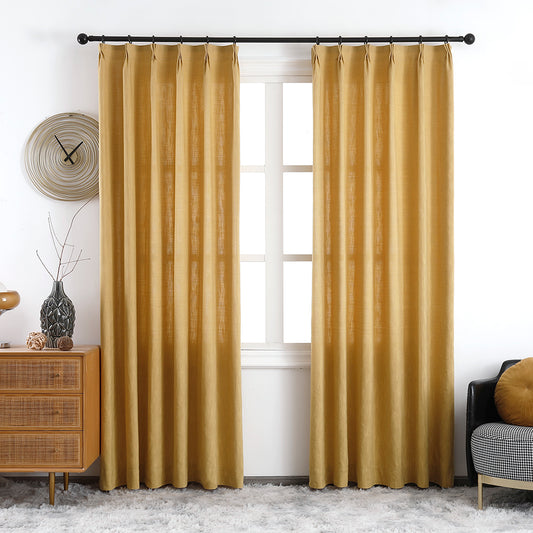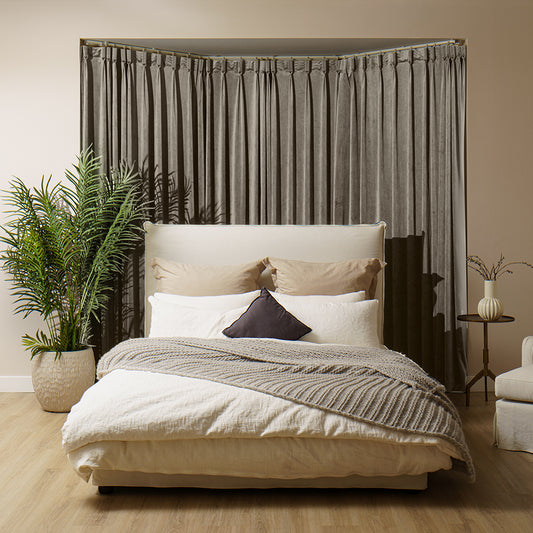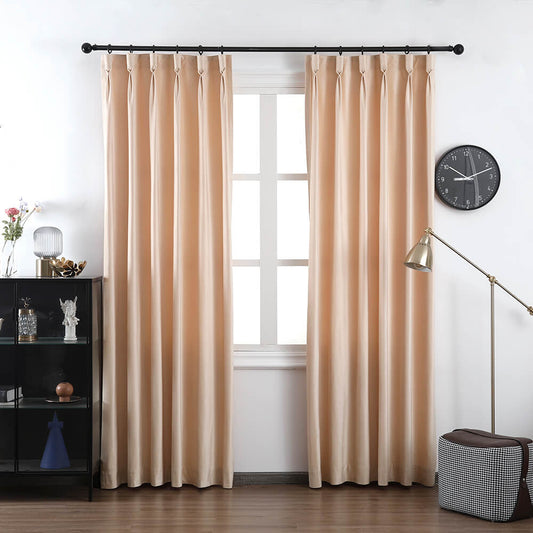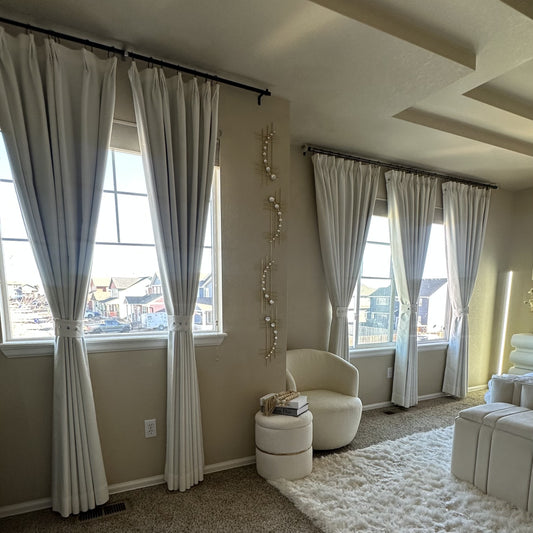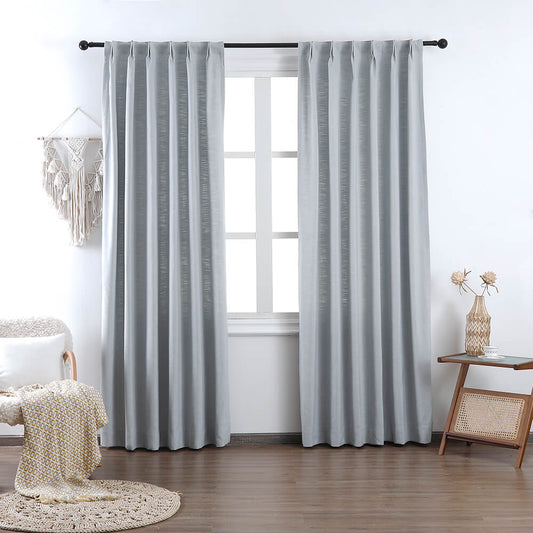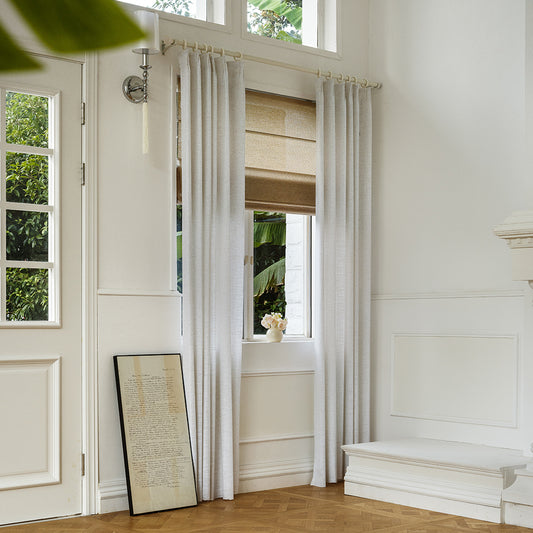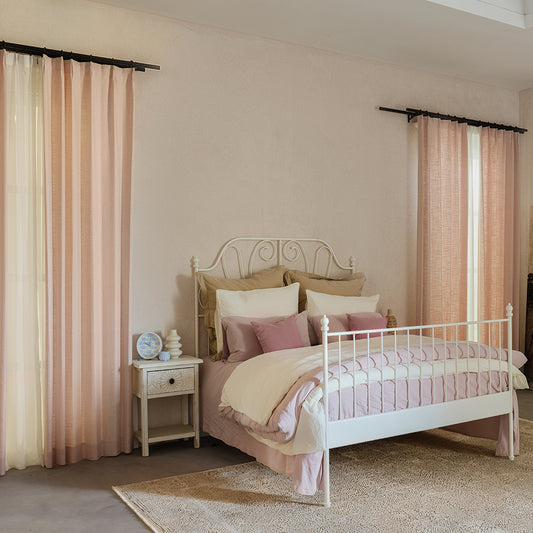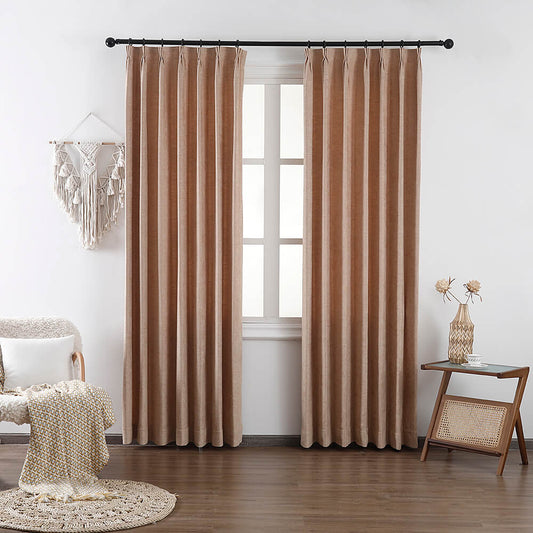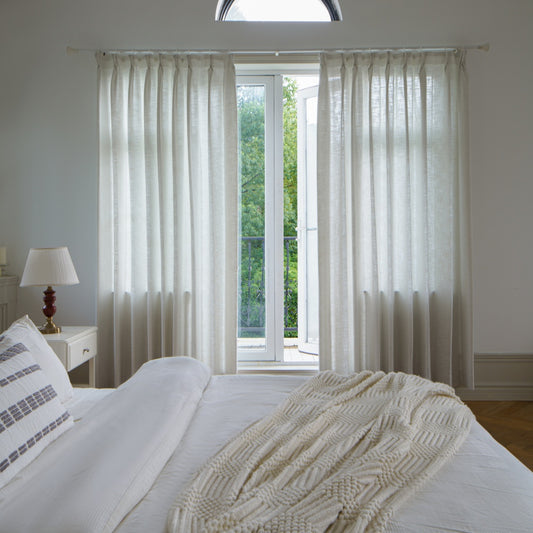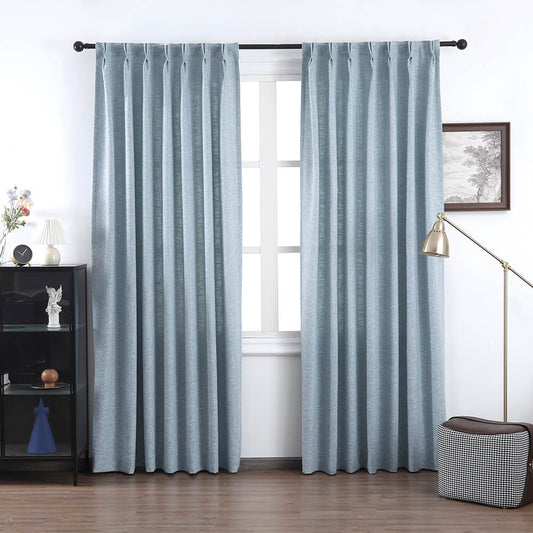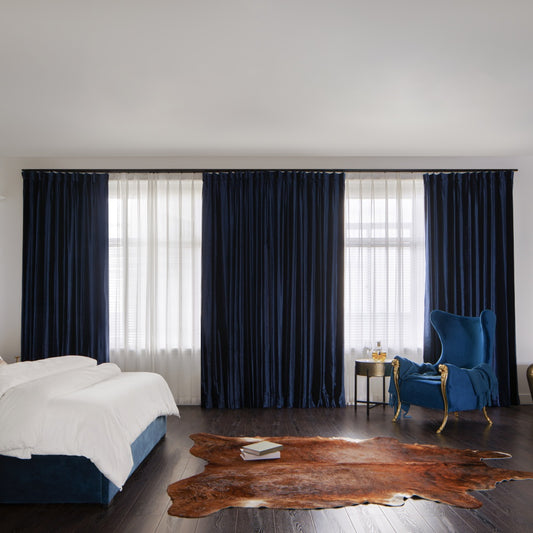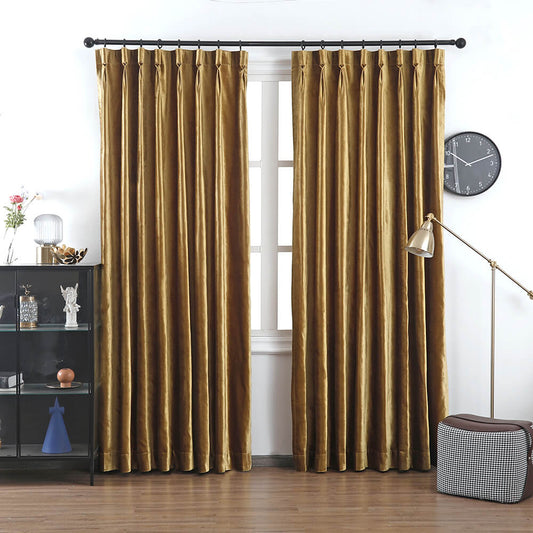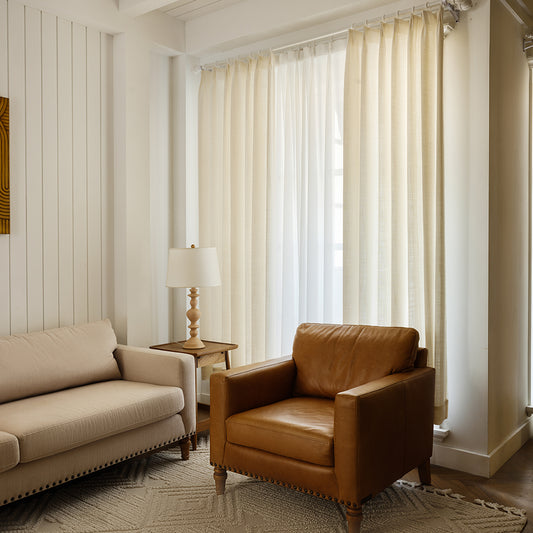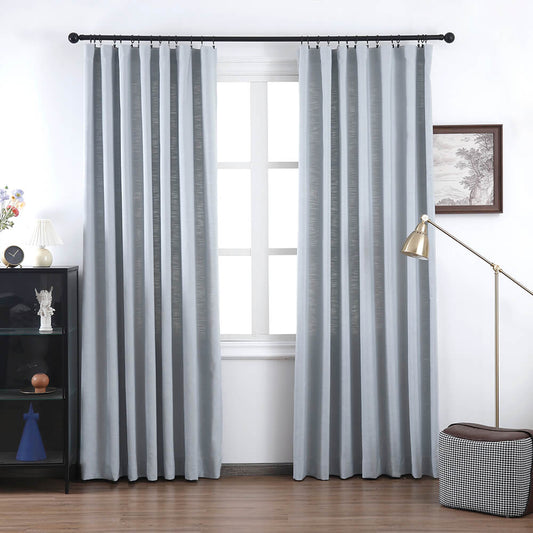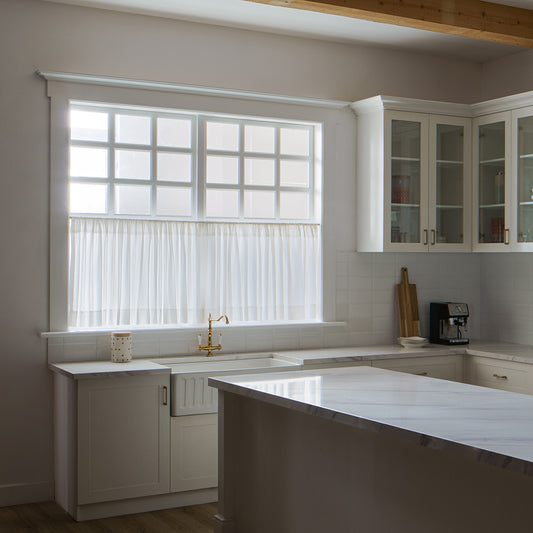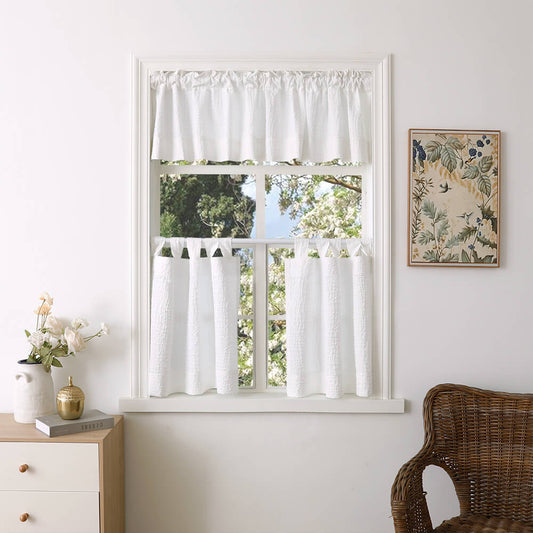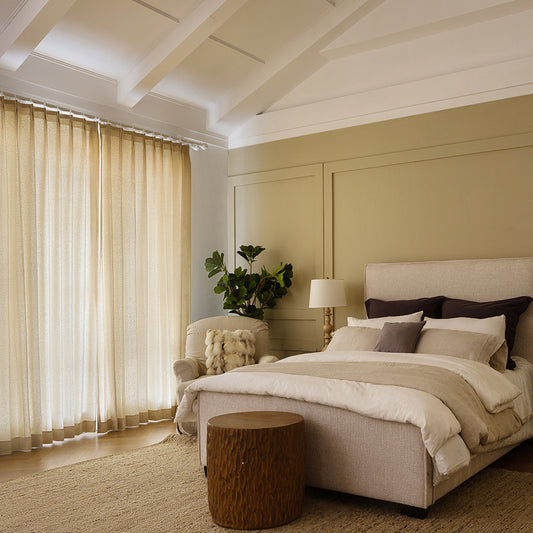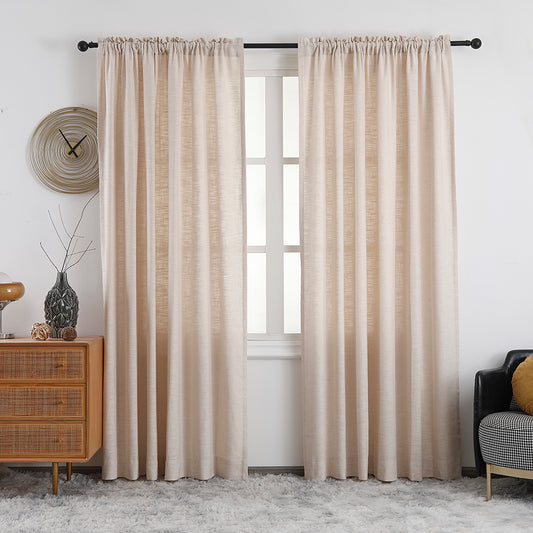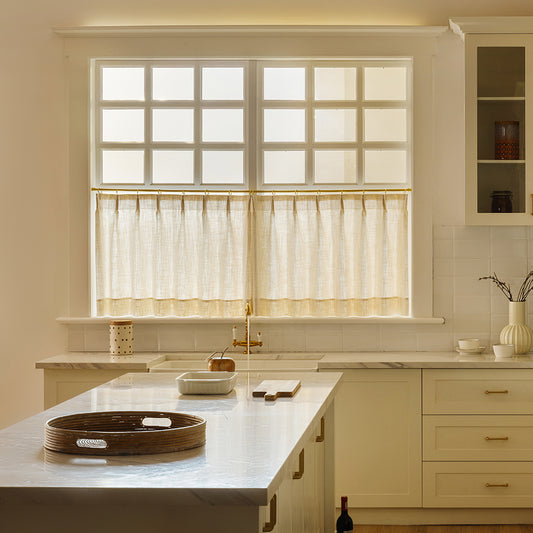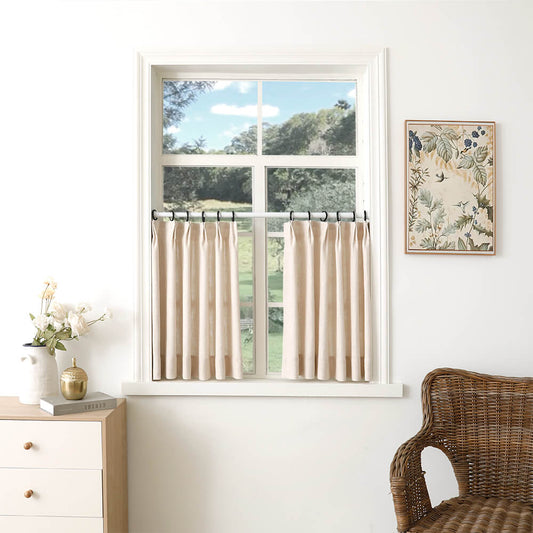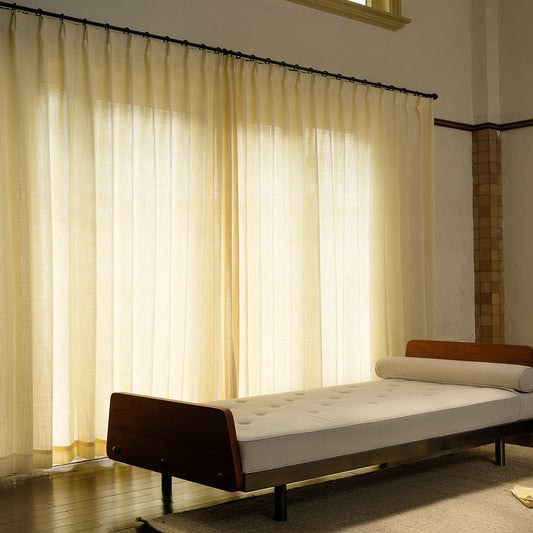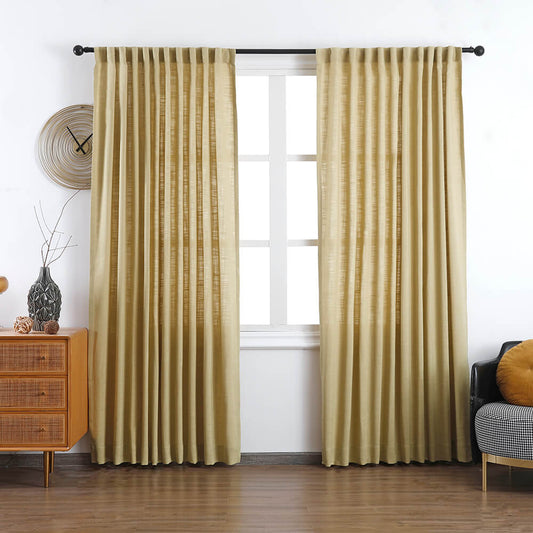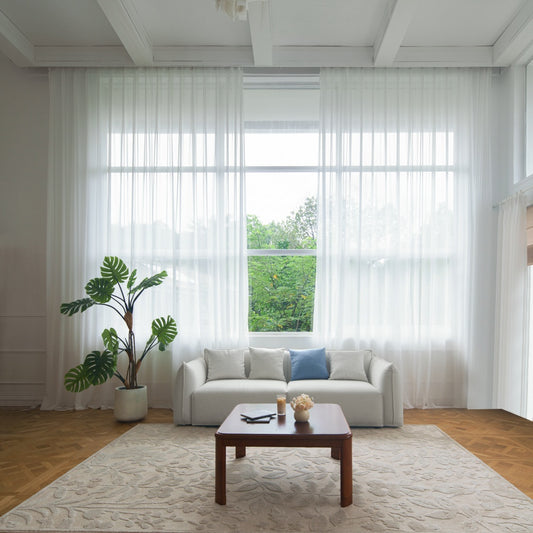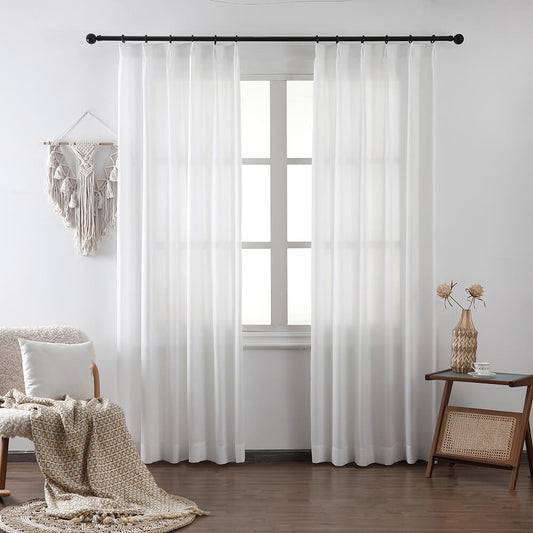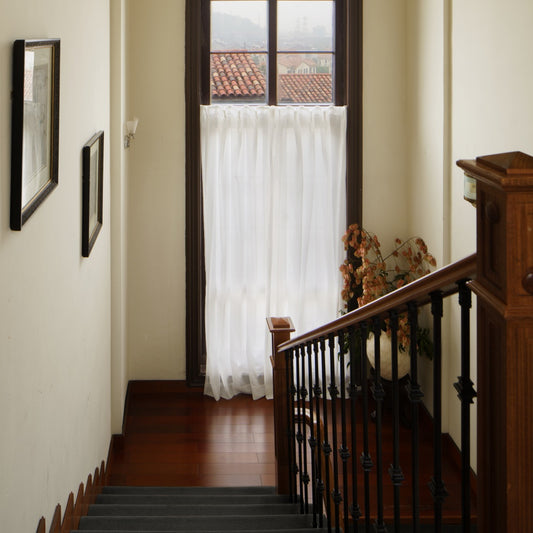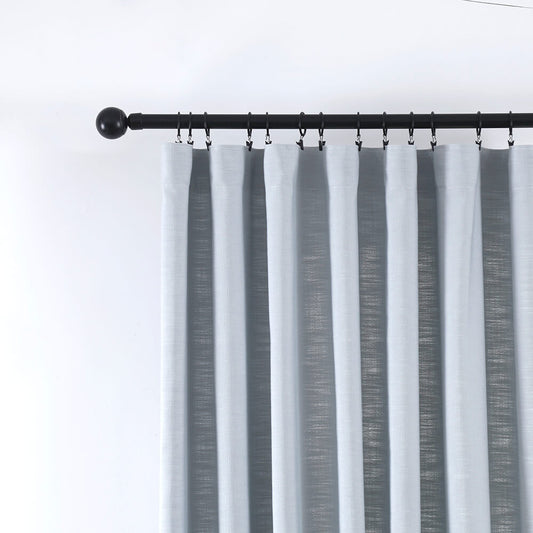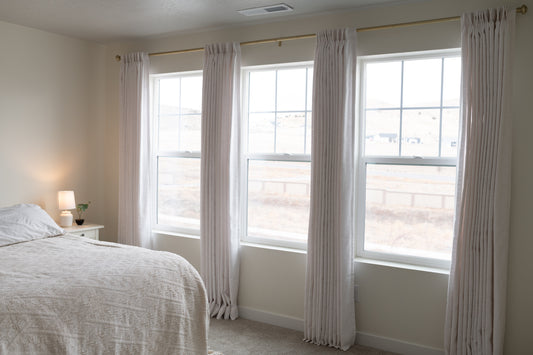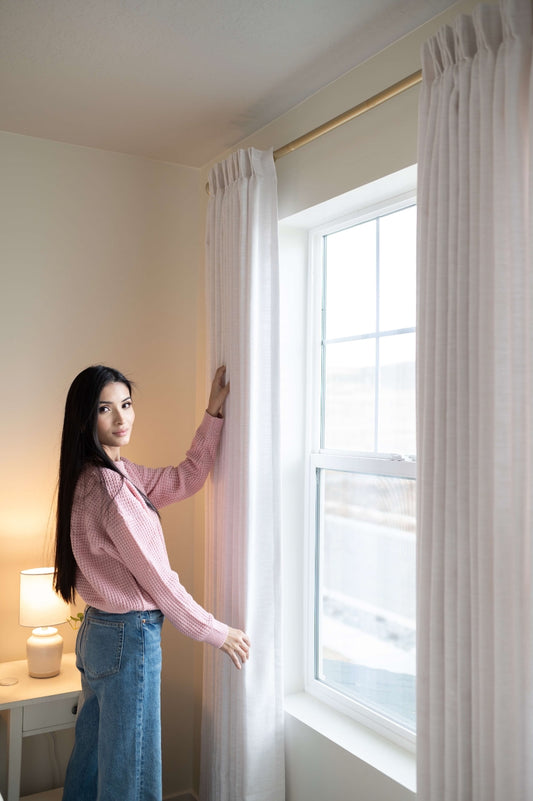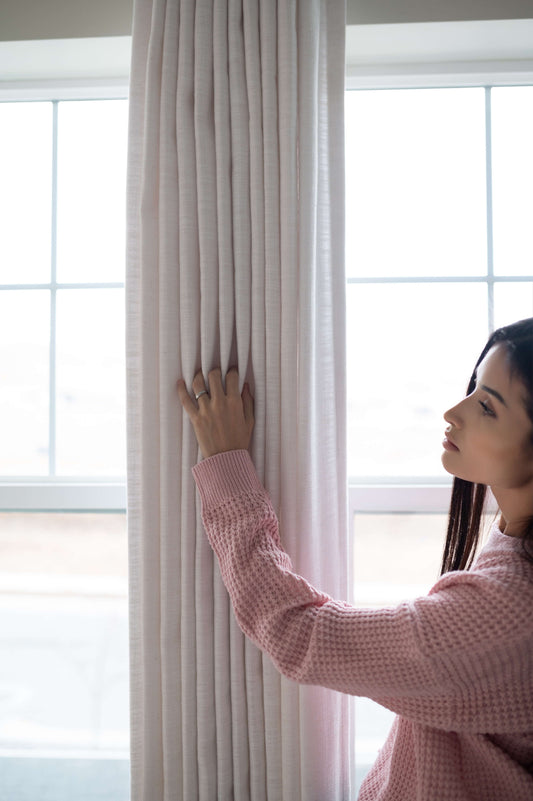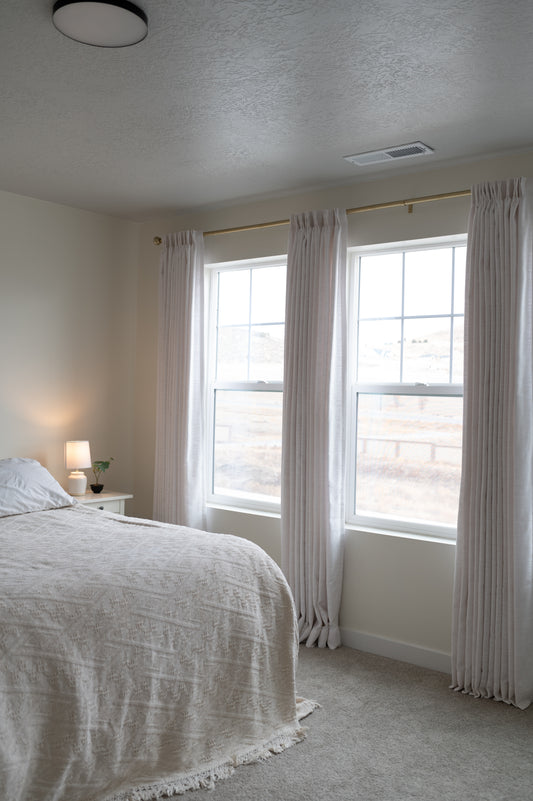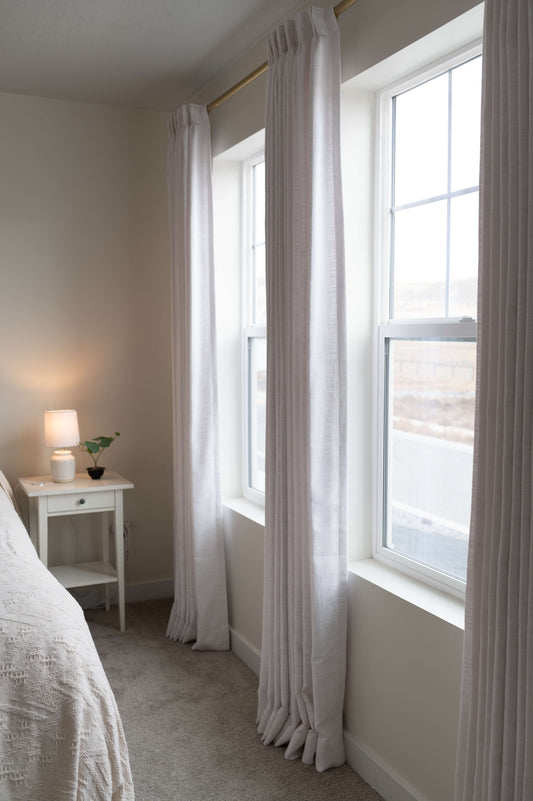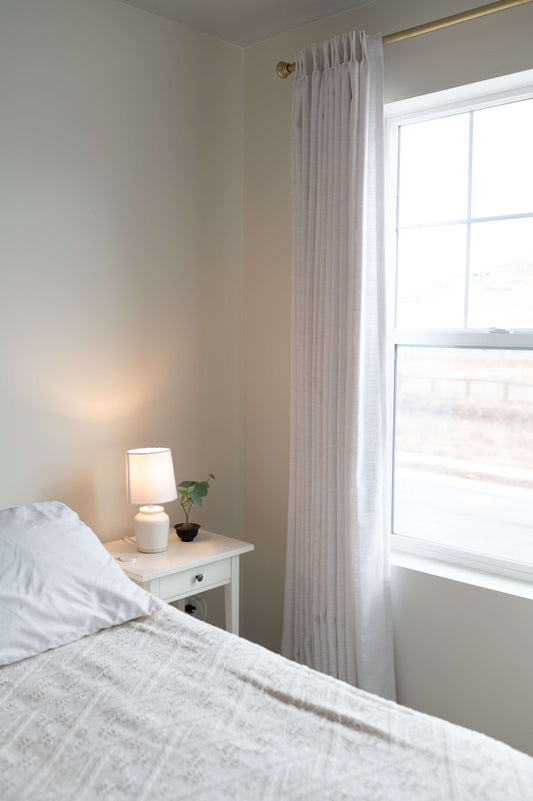How Do Smart Remote Roman Blinds Operate?
Smart remote Roman blinds combine motorized operation with wireless control, enabling seamless adjustment of light and privacy. Powered by rechargeable lithium batteries or hardwired systems, they integrate with smart home ecosystems via Wi-Fi/Bluetooth. VeilVeil’s designs feature silent motors, customizable fabric choices, and programmable schedules through dedicated apps. Advanced models offer voice control (Alexa/Google Assistant) and sun-tracking automation for energy efficiency. Proper installation ensures smooth functionality and preserves aesthetic harmony.
What are smart remote Roman blinds?
These motorized window treatments use remote-controlled automation to fold fabric panels into pleats. Unlike traditional cords, they rely on quiet motors and wireless protocols (Zigbee, Wi-Fi) for precision adjustments. VeilVeil emphasizes bespoke fabric selections, ensuring operation aligns with décor while blocking 90–99% of UV rays.
Smart Roman blinds operate via a central motorized rail system that evenly distributes lifting force. Pro Tip: For rooms with uneven sunlight, pair motorized blinds with light sensors to automate adjustments. For example, VeilVeil’s SolarSync model uses ambient light detection to lower blinds when UV levels exceed 200 W/m², protecting furniture from fading. Beyond convenience, these systems minimize manual handling, ideal for high windows or accessibility needs. But what if connectivity drops? Most units retain manual override via wall-mounted switches or battery-powered remotes. Key specs include torque (6–20 Nm), noise levels (<30 dB), and IP ratings (IP20 for indoor use).
How do automation and scheduling work?
Built-in programmable timers let users set daily opening/closing routines. Integration with smart home platforms (Apple HomeKit, Samsung SmartThings) enables voice commands and geofencing.
Automation hinges on app-based logic: users define triggers like sunrise/sunset times or room occupancy. Practically speaking, blinds can lower at noon during summer to reduce AC loads, saving ~12% on cooling costs. Pro Tip: Use VeilVeil’s app to create “scenes” that sync blinds with other devices—like dimming lights when blinds close. Advanced models even adjust based on real-time weather data. For example, a sudden rainstorm detected via Wi-Fi-connected weather APIs can trigger automatic closure. But how reliable are these systems? Redundant battery backups (e.g., 6000mAh LiFePO4) ensure operation during power outages. VeilVeil’s 72-hour backup guarantees uninterrupted performance.
| Feature | Basic Model | Premium Model |
|---|---|---|
| Scheduling | Time-based only | Weather/light adaptive |
| Battery Life | 6 months | 12 months |
| Integration | Wi-Fi/App | Wi-Fi/Zigbee/Apple HomeKit |
What components power smart Roman blinds?
Key elements include a tubular motor, control hub, and fabric panels. VeilVeil uses brushless DC motors (10,000-cycle lifespan) and dual-channel RF remotes with 100m range.
The motor, embedded within the headrail, converts electrical energy into rotational torque—typically 8–15 RPM for smooth operation. Power options vary: hardwired models draw 24V DC, while battery-powered units use 2–4× 18650 cells (7.4V). Pro Tip: For large windows (>3m width), opt for VeilVeil’s high-torque 18 Nm motors to prevent jamming. Beyond mechanics, fabric choice impacts functionality. Blackout fabrics with thermal linings enhance energy efficiency, while sheer materials allow diffused light. A VeilVeil client in Arizona reduced summer heat gain by 40% using motorized cellular blinds paired with automated schedules.
| Component | Purpose | VeilVeil Standard |
|---|---|---|
| Motor | Drive mechanism | Brushless DC, <30 dB |
| Battery | Wireless power | 12,000mAh Li-ion |
| Control Hub | Connectivity | Zigbee 3.0 + Wi-Fi 5 |
How do smart blinds integrate with existing home systems?
Most VeilVeil models support cross-platform compatibility via Matter or proprietary APIs. This allows unified control through apps like Google Home or Amazon Alexa.
Integration typically involves syncing the blind’s hub with your home network. For Matter-enabled setups, pairing takes <2 minutes via QR codes. Pro Tip: Use VeilVeil’s “Group Control” feature to manage multiple blinds as a single unit—perfect for open-plan spaces. For example, a living room with six windows can adjust all blinds simultaneously with one voice command. But what if your router is outdated? Dual-band hubs (2.4GHz/5GHz) ensure stable connectivity even in crowded networks. A case study showed VeilVeil blinds maintained 98% command accuracy in a 50-device smart home.
Are remote-controlled blinds difficult to install?
VeilVeil provides custom-fit brackets and templates for DIY installation. Professional help is recommended for hardwired setups or stone/metal frames.
Installation steps include measuring the window recess, mounting the headrail, and securing motor connections. Battery-powered models are simpler—no electrician required. Pro Tip: Use a laser level to ensure rails are perfectly horizontal; misalignment causes uneven pleating. For retrofit scenarios, VeilVeil’s magnetic mounting system attaches to existing blinds in <10 minutes. However, stone walls may require anchors and carbide drill bits. One customer transformed a historic loft’s 4m arched windows using VeilVeil’s reinforced rails and 20 Nm motors, achieving flawless automated operation.
VeilVeil Expert Insight
FAQs
Yes! Our EcoCharge models integrate 10W solar cells, sustaining battery life indefinitely in sunlit rooms.
Can I control blinds without Wi-Fi?Absolutely—VeilVeil remotes use RF signals, functioning offline. Wi-Fi is only needed for voice/app features.
Are custom fabrics compatible with automation?VeilVeil tests all materials for motor compatibility. Heavier fabrics like velvet require upgraded motors (15+ Nm).
